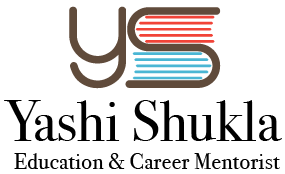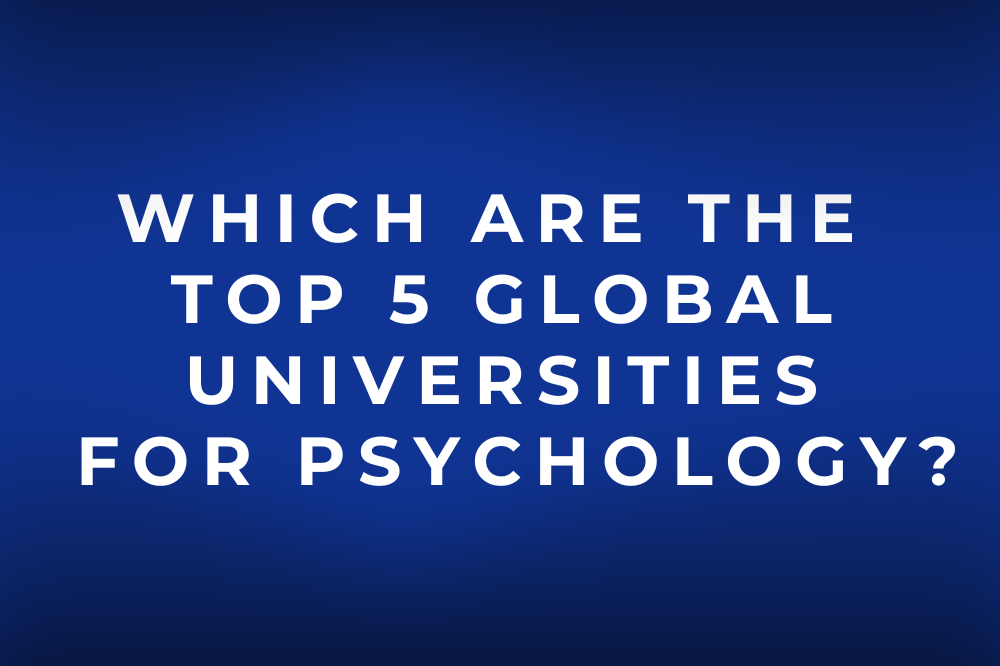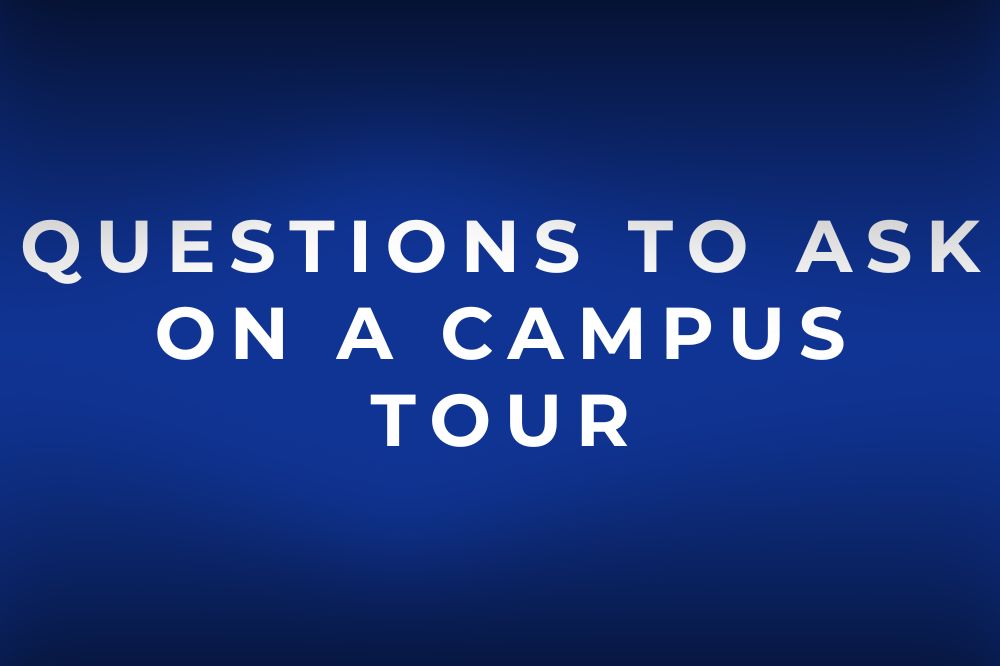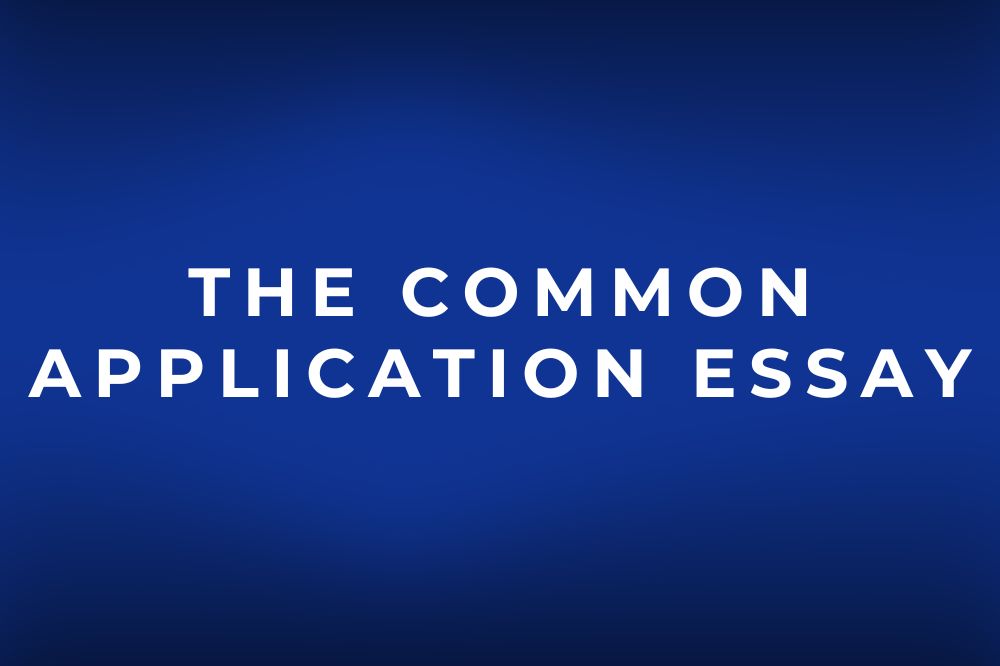When it comes to pursuing a legal education, overseas study consultants say that selecting the right university is a decisive factor in shaping one’s career. With countless institutions offering law programs around the world, it can be challenging to pinpoint the ones that stand out for their academic rigour, faculty expertise, global reputation, and impactful alumni. In this blog, we delve into the top five global universities for law, highlighting their unique strengths.
Harvard University
The university offers a Juris Doctor (J.D.) degree in law. The J.D. students have multiple options for joint degree programs with various subjects like business, government, public health, and urban planning. Another interesting program is the Harvard Law School and the University of Cambridge J.D./LL.M. Joint Degree Program. Approximately 1,750 J.D. students attend Harvard Law School every year. The J.D. program is a three-year program. Abroad study counsellors enlist why Harvard maintains its top rank – its world-class faculty, unparalleled resources, diverse student body, and hands-on, real-life experiences.
Stanford University
Like Harvard, Stanford University also offers a J.D. degree in law. Additionally, it offers three types of joint degrees – JD/Master’s, JD/MD, and JD/PhD. Stanford admits around 180 students for a J.D. degree each year. Abroad study consultants recommend Stanford Law School (SLS), as it has one of the lowest student-to-faculty ratios in the US, i.e., 7.3:1. So, students have increased interactions and better support from the faculty. SLS teaches practice-ready skills that employers demand. As a result, their JD students have a higher chance at prestigious clerkships and a high bar passage rate.
University of Cambridge
The University of Cambridge is the only university from the UK that makes it to the top 5 law schools’ list. The university offers a Law (BA) Hons course in undergraduate study. It is a three-year course. Students study the interdisciplinary relationships of law with philosophy, economics, ethics, and criminology rather than only fundamental subjects. Approximately 262 students attend law school at the University of Cambridge every year. Abroad study counsellors suggest the Law (BA) Hons at the University of Cambridge, as it gives student exchange schemes. It allows students to study the laws of different countries, like South Africa, for a year.
Columbia University
Columbia University also offers a J.D. degree in law. Moreover, it has dual and joint degrees like a four-year J.D./MBA program. The Law School presents students with international study opportunities at premier institutions of law. The total J.D. degree enrolment in the 2023-24 was 1410. Overseas study consultants vote for Columbia Law School because 95.4% of 2023 graduates cleared the bar exam in the first attempt. Also, 75.9% of 2023 graduates got jobs at National Law Firms.
New York University (NYU)
New York University is in 4th position with Columbia University in this reputable list. New York University’s Law School gives a J.D. degree to undergraduate students. Also, it gives dual J.D. degrees in subjects like taxation, international law, economics, history, philosophy, politics, and French studies. Around 1389 students attended NYU Law School in 2023-24. Abroad study consultants recommend NYU Law School because it has a top ranking in specialised law areas, for instance, #1 in criminal law and international law and #3 in intellectual property law in the US.
Now that you are aware of the world’s top law institutions, it is time to start applying. Weigh your options and understand how the institution’s key points align with your personal and professional aspirations. Research well the documents required to apply. Make sure you submit a strong, rejection-proof application.












